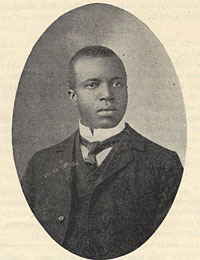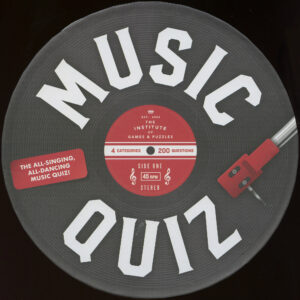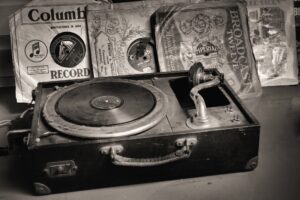In the right hands — and Joshua Rifkin is (or has) the right hands — ragtime piano speaks to something deep, poignant and sad in the American soul. I know that sounds pretentious, but I believe it.
In this way, it is closely related to the blues. Unlike the blues, however, ragtime piano does not shout and there is no bravado. It seems more about memory and regret than injustice and bad luck. It tells its story subtly (and without words, as far as I know) and quietly. To me, the image is of dusty streets around the turn of the century in small mid-western towns in which nothing much is happening. You have to listen to ragtime. It is contemplative music.

Ragtime made a comeback in the 1970s, in large part due to the great movie “The Sting” with Robert Redford and Paul Newman. The main song in the film is Scott Joplin’s “The Entertainer” as played by Marvin Hamlisch.
Ragtime piano is subtle and fragile music that should be played quietly, at a slow or moderate pace. However, it is very catchy and seems to be easy for proficient players to play fast and loud. That turns it into calliope music. It almost certainly wasn’t Hamlish’s fault — the music was being used to set the tone for a fast-paced movie — but the version of “The Entertainer” used in “The Sting” falls into this trap.
Joshua Rifkin was part of the ragtime revival of those years. The two pieces here — the “Gladiolus Rag” and the “Magnetic Rag” — are just great.
My brother had, and perhaps still has, a couple of Rifkin’s Scott Joplin albums. They featured the same drawing of Joplin and were only distinguished by the color of the border. They are largely responsible for my love of ragtime.
Rifkin, who is a Professor of Music at Boston University, sounds like quite a fellow. Wikipedia says that he has recorded and written about the music of composers from the Renaissance to the 20th century. He’s arranged for Judy Collins and recorded with David Grisman, John Sebastian and others. He also has recorded “humorous re-imaginings of music by Lennon and McCartney in the style of the 18th century, notably Bach, known as The Baroque Beatles Book.” He sang with Peter Schickele’s P. D. Q. Bach.
The Daily Music Break previously posted on Joplin with a playlist here (Editor’s note: We are having some trouble with the playlists and will repost soon.) and “The Maple Leaf Rag” by BachScholar. I didn’t know that there is a such thing as ragtime guitar until doing a post about Elizabeth Cotten, who is best remember for the classic “Freight Train.” Blind Willie McTell and Blind Blake also were ragtime guitarists.







